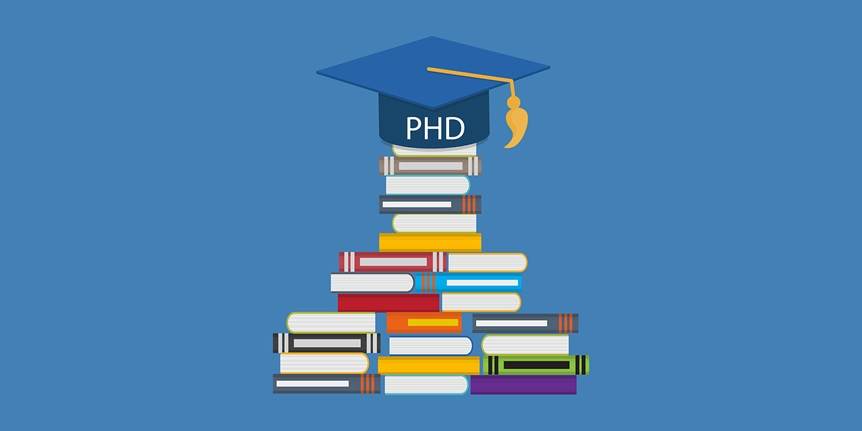Drawing inspiration from the natural rhythms of the human brain, researchers are exploring how periods of “sleep” could enhance artificial intelligence learning capabilities and prevent the problem of catastrophic forgetting, writes Darcy Bounsall. For around eight hours each night – roughly a third of our lives in total – we exist in a state of unconscious paralysis. Our heartrate and breathing slow, our body temperature falls, and we lie immobile and unresponsive. But as we slowly progress through the stages of sleep something strange begins to happen: our brain activity shoots back up to levels similar to when we’re awake. Unbeknownst to us, as we drift off, our brains are spontaneously reactivating all that we’ve experienced in our waking states.[related id=2202]There is a vast interdisciplinary literature spanning both psychology and neuroscience that supports the vital role sleep plays in learning and memory. Now a recent stud…
Read the full article which is published on IAI TV (external link)







